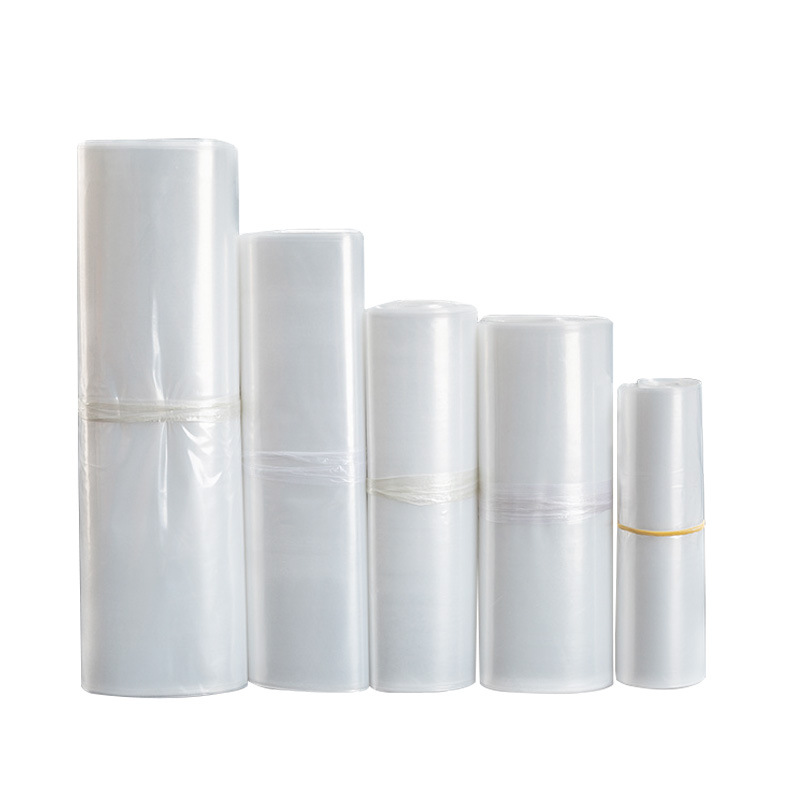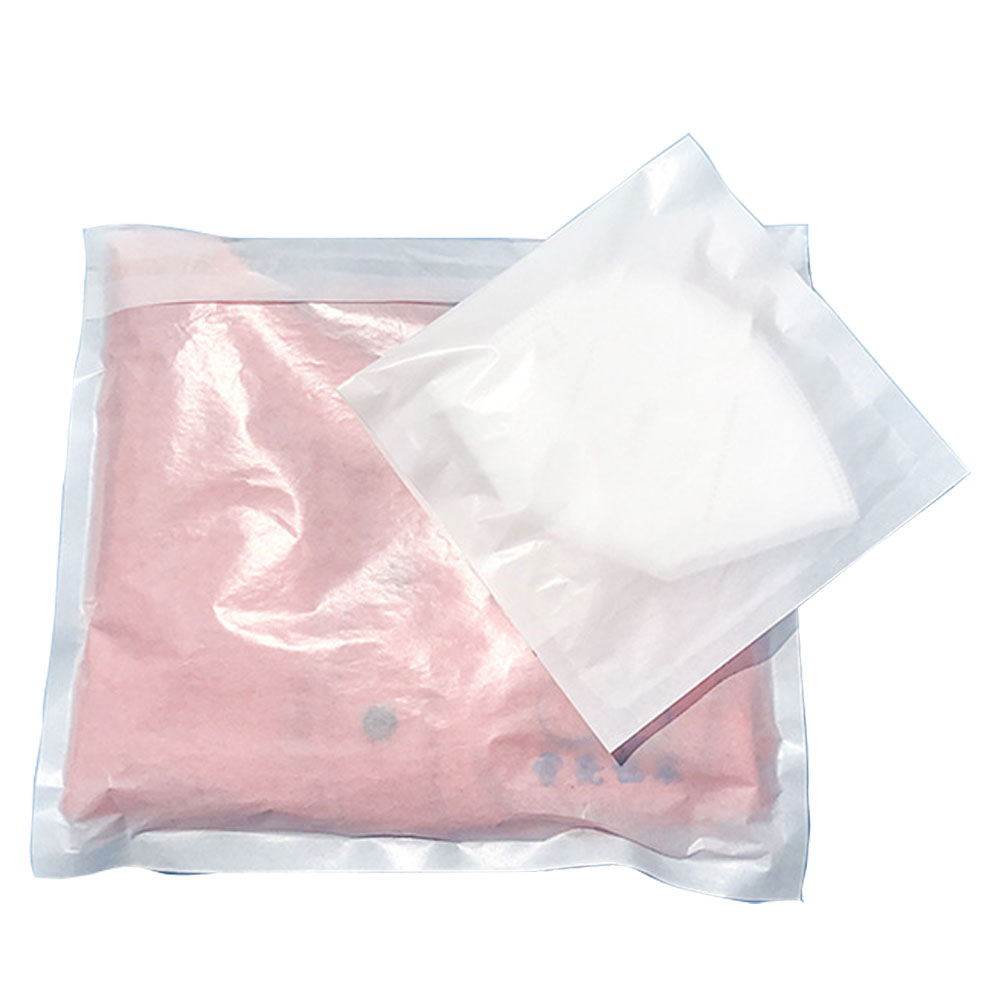Do you know what a biodegradable bag is?
2024-11-20
Zeal X biodegradable bags are environmentally friendly packaging products that can be broken down by microorganisms in natural environments into water, carbon dioxide, and biomass. Unlike traditional plastic bags that take hundreds of years to decompose, biodegradable bags can fully degrade within a few months to a few years, leaving no long-term pollution in the environment. Below is a detailed introduction to biodegradable bags:
For sample or more packaging customization needs, please contact us
---
Materials Used in Biodegradable Bags
1. PLA (Polylactic Acid)
- Derived from plant-based materials such as corn starch and sugarcane.
- Fully decomposes into harmless substances under industrial composting conditions.
2. PBAT (Polybutylene Adipate Terephthalate)
- A biodegradable and highly flexible copolyester.
- Often blended with PLA to enhance durability and flexibility.
3. Starch-Based Materials
- Made from renewable sources like corn starch or other plant starches.
- Naturally biodegradable and fully biocompatible in various environments.


---
Advantages of Biodegradable Bags
1. Environmental Friendliness
- Decomposes under composting conditions, reducing plastic pollution.
- Non-toxic to soil, air, and water during degradation.
2. Resource Efficiency
- Made from renewable resources, minimizing dependence on fossil fuels.
3. Lower Greenhouse Gas Emissions
- Unlike traditional plastics, it does not release significant greenhouse gases during decomposition.
4. Compostability
- Fully converts into compost in industrial or household composting facilities, suitable for agriculture and gardening use.
---
Applications of Biodegradable Bags
1. E-commerce and Courier Packaging
- An eco-friendly alternative to traditional courier bags, reducing plastic waste in logistics.
2. Food Packaging
- Suitable for disposable cutlery bags, food delivery, and takeaway packaging.
3. Shopping Bags
- Commonly used in supermarkets and retail stores to replace non-degradable plastic bags.
4. Garbage Bags
- Ideal for kitchen waste and can be composted along with organic trash.
---
Limitations of Biodegradable Bags
1. Degradation Conditions
- Some biodegradable bags require specific composting conditions (e.g., high temperature and humidity) for efficient decomposition.
2. Higher Production Costs
- Manufacturing biodegradable bags is more expensive compared to traditional plastic bags.
3. Mislabeling and Misuse
- Some counterfeit products claim to be biodegradable but are actually conventional plastics mixed with additives.
---
Conclusion
Biodegradable bags represent a crucial eco-friendly alternative to traditional plastic bags, helping reduce plastic pollution and promoting circular resource utilization. However, broader adoption requires overcoming cost and degradation challenges, alongside raising consumer awareness and implementing supportive policies. With increasing environmental consciousness and stricter regulations, biodegradable bags are poised to become the preferred choice for sustainable packaging solutions.


For sample or more packaging customization needs, please contact us
About us
Zeal X’s Biodegradable Bags offer full customization and a one-stop packaging solution. Our product range includes various types of boxes, high-end handmade boxes, labels, plastic bags, and a variety of biodegradable, recyclable packaging materials. Our products are certified by GRS, FSC, REACH, BHT, and more.





























































